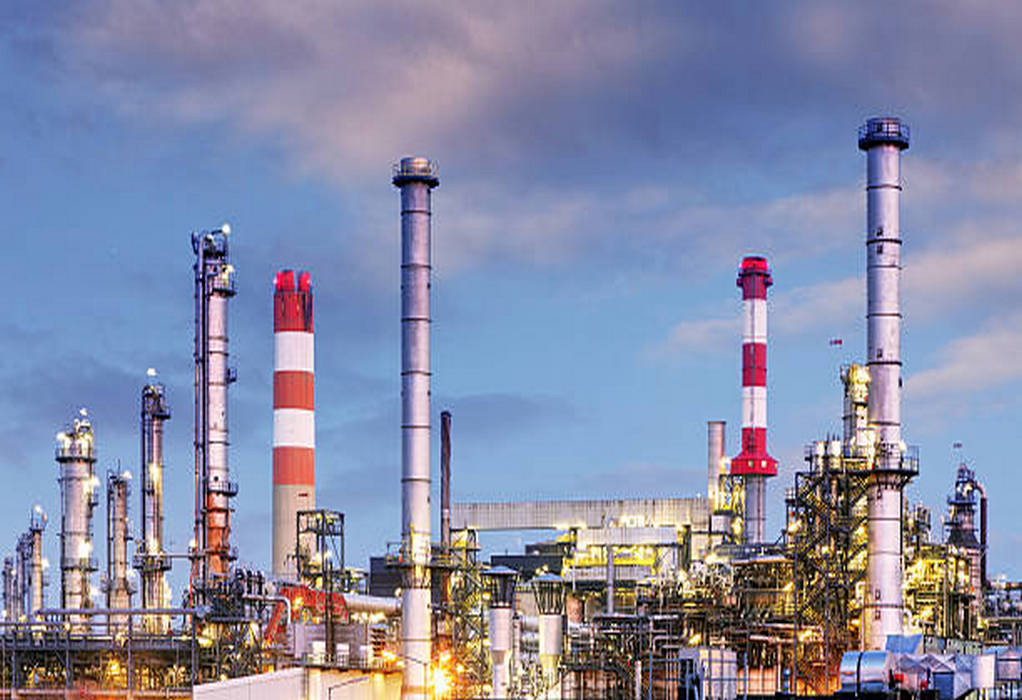India is expected to add one million barrel per day (mb/d) of refining capacity in the next five years, which will be mostly led by expansions at its existing sites.
Setting out immediate goals, Bharat Petroleum Corporation (BPCL) is expanding existing refinery capacity at Bina, Madhya Pradesh from 7.8 million tpa to 11 million tpa. Similarly, Hindustan Petroleum Corporation (HPCL) is carrying out expansion plans at Bhatinda and Vizag as well as the greenfield refinery at Barmer, which are expected to be completed in FY24.
As per International Energy Agency (IEA) statistics, India will increase its refining capacity from 5.2 mb/d in 2022 to 6.2 mb/d in 2028. Globally, more than six mb/d of new crude distillation capacity is set for completion between 2022 to 2028.
According to Motilal Oswal Financial Services, Indian Oil Corporation’s (IOC) refinery projects are currently underway, with the Panipat refinery capacity addition to 25 million tpa scheduled for completion by September, 2024, and the capacity ramp up of Gujarat refinery to 18 million tpa and Baruni refinery to nine million tpa, to be completed in 2023.
India’s cumulative crude oil processing rose from 4.85 mb/d in FY22 to 5.02 mb/d in FY23, according to the Petroleum Planning and Analysis Cell (PPAC). During the first two months of FY24, the crude processing stood at 5.31 mb/d.
However, the 1.2 mb/d Ratnagiri refinery project, which was first proposed in the middle of the last decade, is facing delays in land acquisition and when approved, is not likely to come online in IEA’s forecast period of 2022-2028.
Tags: BPCL, HPCL, India, Refieries



Recent Posts
Port of Brisbane Unveils Vision 2060 to Drive Smarter, Cleaner, and More Connected Future
Wärtsilä to Deliver Hybrid Propulsion Systems for Vertom Group’s New Low-Emission Vessels
Latvian port receives electric Konecranes Gottwald Mobile Harbor Crane
Sustainable Ocean Economy Vital for Human Development, Says UNDP at UN Ocean Conference
Green Hydrogen Costs in India Could Drop by 40%, Says IEEFA-JMK Report
Cavotec Secures €1.55 Million Shore Power Contract for Port of Antwerp-Bruges
APM Terminals and SANY Marine sign landmark agreement to accelerate decarbonisation
The Port of Gothenburg takes big step towards shore power connection for container and car/RoRo vessels